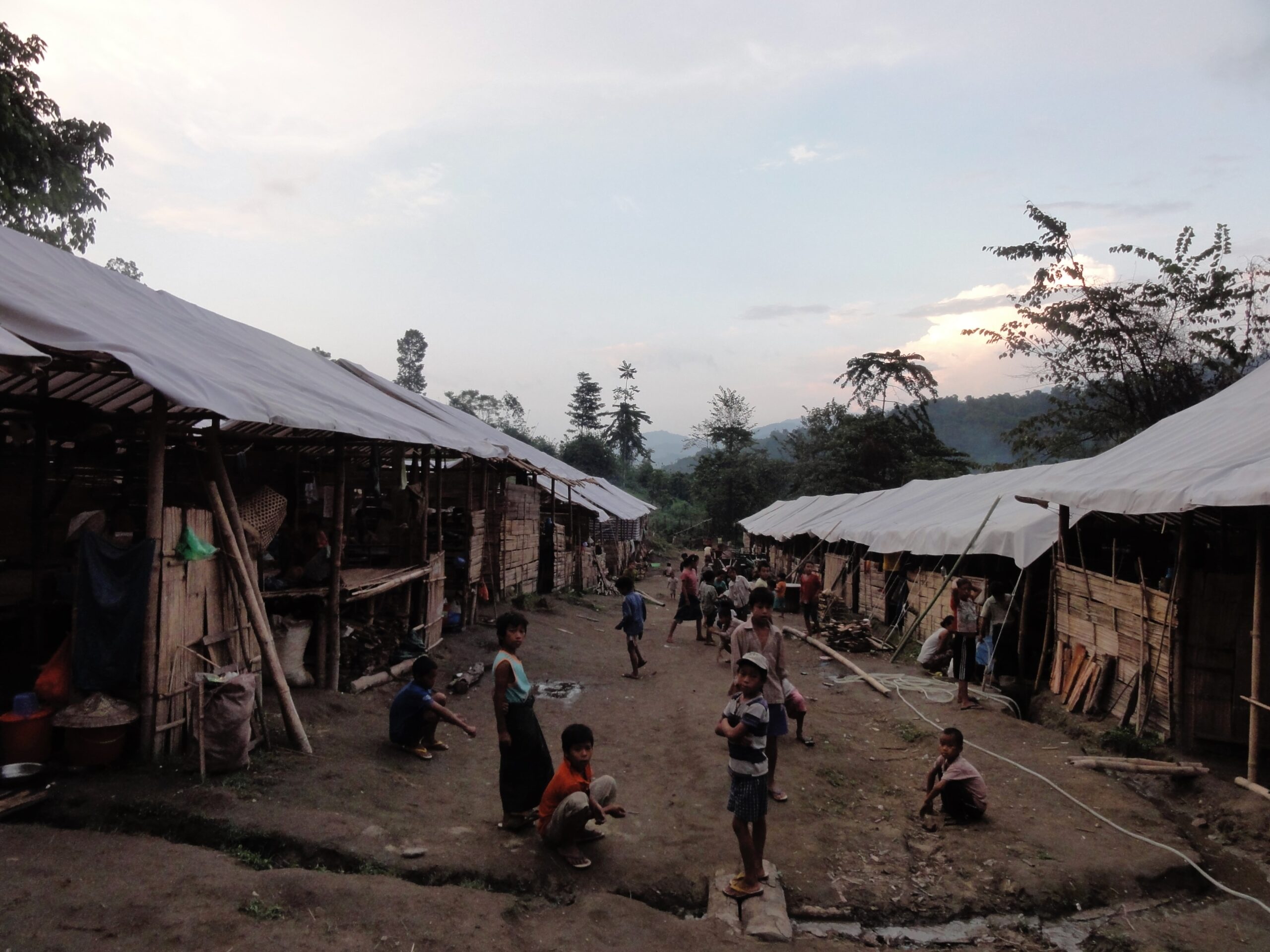Incubation
"Impact of digitization on small-scale economy and community: Interdisciplinary Macro-Micro Study of the Local Diversity in the Jakarta Metropolitan Area"
R6-7 1-5 (R6 AY2024)
| Project Leader | Yoshida Kota (University of Shizuoka, Graduate School of International Relations) |
| Collaborators | Mimura Yutaka (Research Institute for Human and Nature) Hayashi Kengo (the University of Tokyo, Institute of Industrial Science,) Arai Kenichiro (Asia University, Faculty of Urban Innovation) Koizumi Yusuke (Hitotsubashi University, Graduate School of Social Sciences) Tagawa Shohei (Toyo University, Faculty of Global and Regional Studies) Kuno Genta (Kyoto University, Center for Southeast Asian Studies) Shiodera Satomi (Nanzan University, Faculty of Global Liberal Studies) Kasori Maho (Kyushu University, Faculty of Agriculture,) Okamto Masaaki (Kyoto University, Center for Southeast Asian Studies) |
| Research Project | Impact of digitization on small-scale economy and community: Interdisciplinary Macro-Micro Study of the Local Diversity in the Jakarta Metropolitan Area |
| Countries of Study | Indonesia |
Outline of Research
This research project endeavors to elucidate the regional diversity engendered by small-scale economic activities in the Jakarta Metropolitan Area (Jabodetabek), Indonesia, which is experiencing significant transformations in urban society. Traditionally perceived as a dichotomy between middle-class new towns and urban villages (Kampung), this dynamic landscape warrants a nuanced understanding. Utilizing economic and population census data, this project aims to identify the distribution and evolution of clusters of small-scale industries. Additionally, through micro-field surveys, it will examine the impact of recent digitalization, including e-commerce. By showcasing the regional diversity of economic activities, we aspire to construct a dynamic model that encapsulates the social changes within the Jabodetabek area.
Purpose of Research, Its Significance and Expected Results, etc
This research project seeks to elucidate the regional diversity and evolution of small-scale economic activities in the contemporary Jakarta Metropolitan Area (Jabodetabek). In doing so, it aims to redefine the social model of urban Southeast Asia, a region experiencing significant economic development in the 21st century.
The research questions of this project include:
1. What forms of geographic distribution of social factors (such as industry, land ownership, age, mobility, ethnicity) and small-scale economic activities (such as food and beverage, retail, boarding houses, handicrafts) are emerging in the contemporary Jabodetabek area?
2. How has regional diversity evolved since 2000?
3. In what ways are the development of information infrastructure and the digitization of industry related to these diversities and changes?
The significance of this project lies in its endeavor to construct a new model for understanding regional diversity through the lens of the digitization of small-scale economic activities. Previous studies have often been fragmented, focusing either on new town development or urban slums and city villages (kampungs). While several studies have suggested the interdependence of these areas and documented recent changes through case studies, comprehensive research encompassing the entire Jabodetabek area remains lacking. By integrating statistical data, particularly from the Economic Census (Sensus Ekonomi), with qualitative research, and by concentrating on the diversity and evolution of small-scale economic activities, this project perceives the Jabodetabek area as a conglomeration of regions, each possessing unique economic characteristics, such as specific clusters of informal sectors. This approach challenges the static view of division and conflict between affluent, middle, and poorer classes, offering a renewed perspective on Southeast Asian urban social theory.


